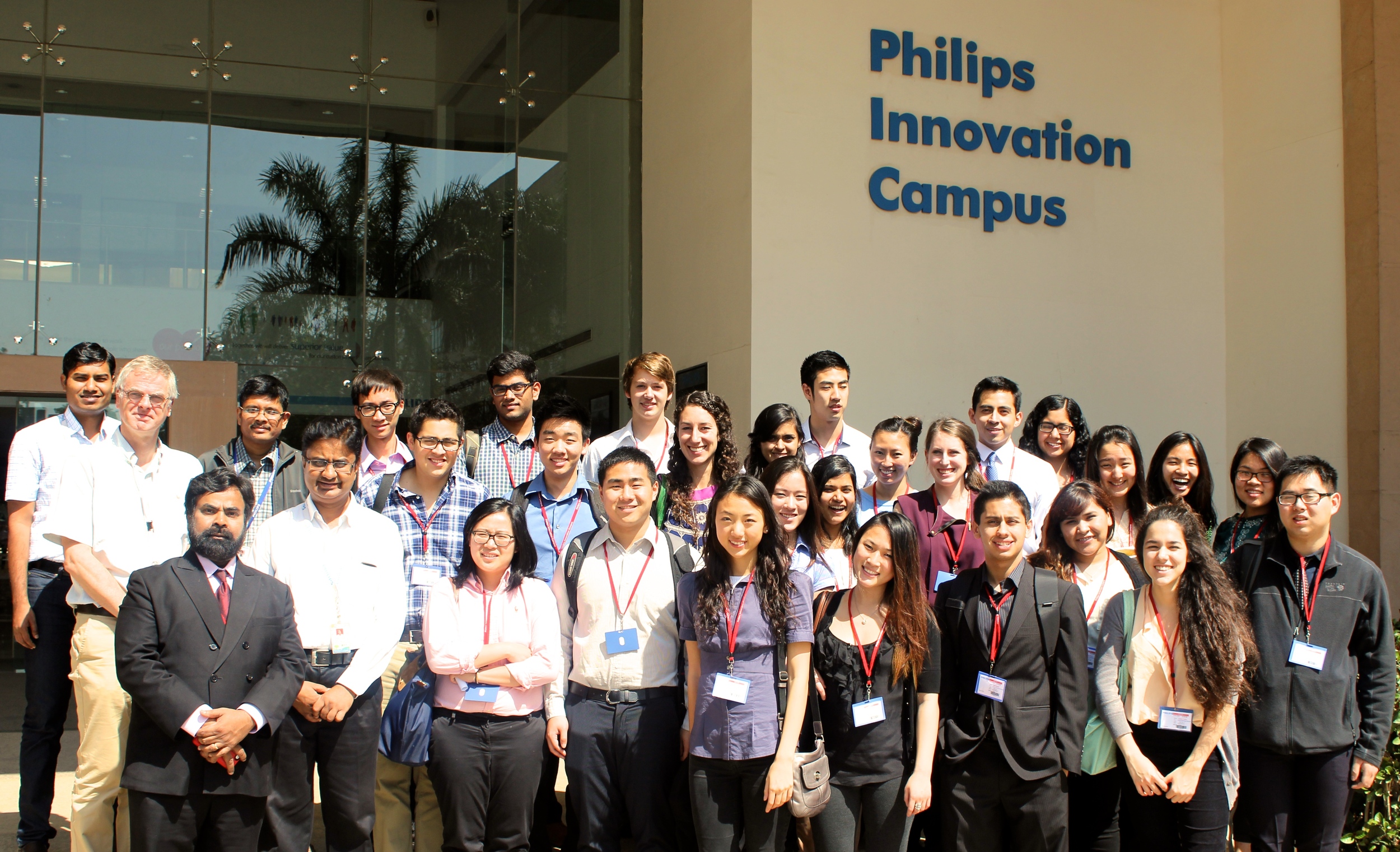When outsourcing production, European companies are quick to think of China, because it can be done cheaply there. But is that idea still correct? Labor costs in China have risen significantly in recent years. average minimum wage for contract workers in China is now 197.67 euros and India only 125 euros. There are many other advantages to producing in India, such as there is no language barrier because Indians speak English well and there is a large pool of highly skilled personnel available. Three top European companies chose India years ago for these reasons.
In 2011, Roosen Industries noticed that in the Netherlands and surrounding countries it was finding it increasingly difficult to get good skilled workers to make high-quality precision metal parts. Labor costs were also skyrocketing as a result. "A serious threat," observed director Gandert Roosen, who took the initiative to build a factory in the northern Indian city of Kanpur. That turned out to be a golden opportunity. "The lower labor costs and an abundance of highly trained personnel mean that we can produce more than 20% cheaper on average and we can complete our orders faster because of the extra capacity. This has greatly strengthened our competitive position. 40% of semi-finished products are now made in India. It is the fastest growing division of our company."
"Made in India does not have the best image," states entrepreneur Paulien Wesselink, "but with O My Bag we are proving otherwise." The sustainable bag brand produces top quality in Calcutta. "We obviously didn't find the right producer at once, but over time we stumbled upon a cooperation partner who could meet our standards." The trendy bag label is now sold in more than 120 stores in 20 countries.
"Anything we can make in Europe can just as well be produced in India," argues Jens Groot of Basic Water Needs. Why more companies don't have an Indian factory surprises him. "Producing in India is attractive. The industrial landscape is good: there are enough suppliers who can deliver quality, wages are low and the infrastructure is in order." In terms of logistics, India is also convenient. "Chennai, India's 5th largest city is a few hours' drive away. There is an international airport and a port from where we export our water filters to Africa and the rest of Asia. Ideal."
5 tips for finding and keeping good staff in India
1. Go to Bangalore
"While the labour market in Bangalore is highly competitive, it is bursting with excellent people. The outstanding graduates of India's top universities come to this city in droves."
Jos van Haaren, Philips
2. Keep a close eye on salaries
"Most Indians are not very nice to their employees, so as a European you are easily a very good boss here. I think it's important to create a good atmosphere. I try to create clear expectations about how people can develop with us, including their salary. This is very important, because Indians are constantly comparing their salary with colleagues. You have to treat everyone equally, otherwise you get trouble and people leave. With us, the turnover so far has been zero. I'm proud of that."
Jesse van de Zand, Janta Meals
3. Opt for experience
"Prefer not to hire people who have just come out of university. People with work experience have already learned the basics about working in the industry from their first employer."
Jos van Haaren, Philips
4. Encourage critical thinking, ask for feedback
"Whether you instruct them to run 10, 20 or 30 rounds, Indian field hockey players do it. In Europe, players are quick to ask 'Why really?' The lack of independence kills you in top sports, because on the field you really have to decide who to play the ball to. In business, of course, the same applies. Therefore, constantly ask for feedback and encourage critical thinking."
Paul van Ass, former national coach of the Indian hockey team
5. Provide a challenge
"As an employer, it is sometimes difficult to work with the best students in India. On the one hand, you want to show respect and give recognition to what people have achieved. On the other hand, a job with a foreign multinational is not the finish line. For the employer, that's when it starts. Therefore, you have to ensure that your people continue to learn and be challenged."
Jos van Haaren, Philips.
6. Accept cultural differences, but draw a line too
"You have to immerse yourself in the Indian context and accept that things in India happen differently than what you are used to. Otherwise you go crazy. For example, I constantly had a driver at my disposal, even though I hardly needed one. As a European you find it sad that such a driver is waiting all day, but over there they are used to that. Besides, the driver does have a job. So don't send him away, but accept it. On the other hand, you have to watch over your core business: you must not compromise on quality."
Paul van Ass, former national coach of the Indian hockey team




